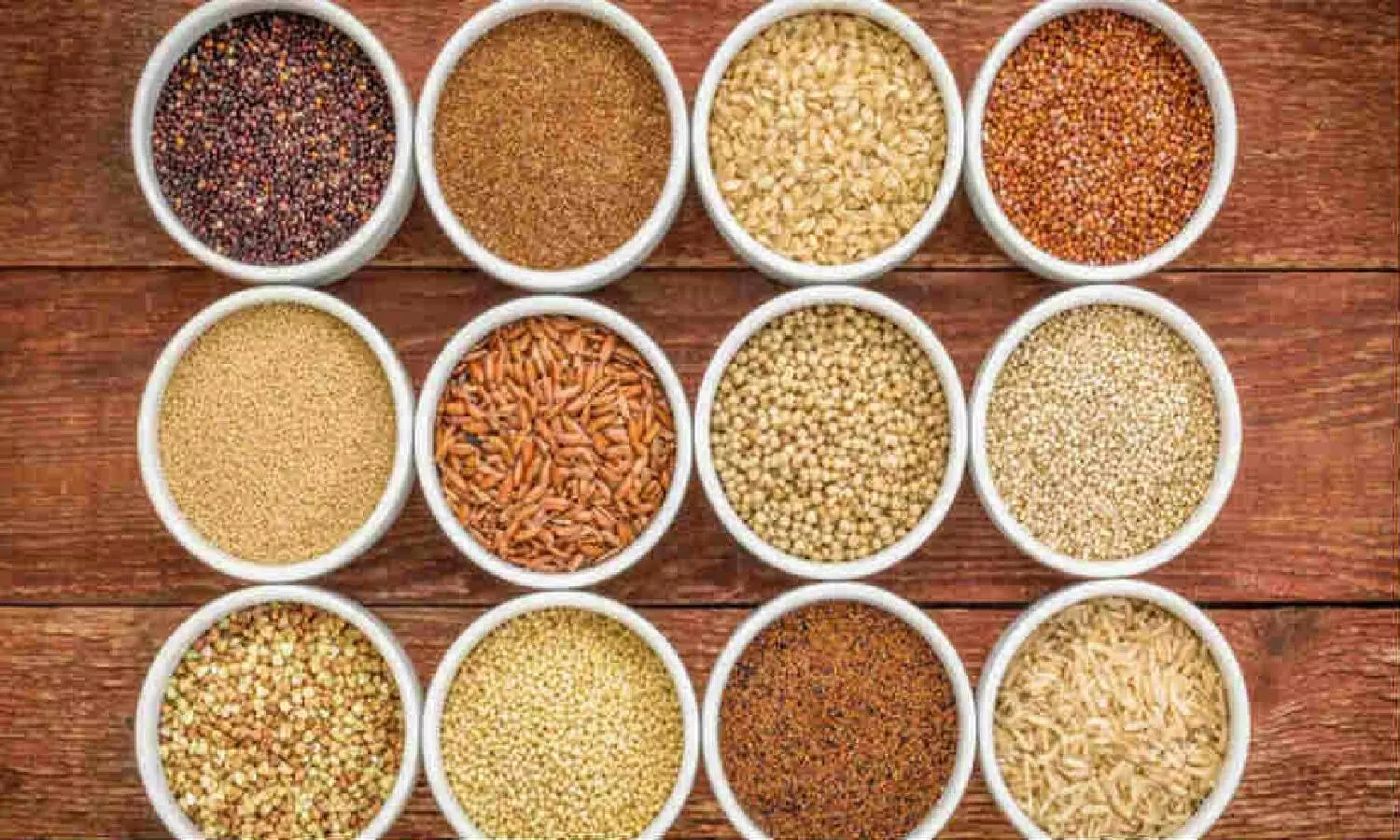ICRISAT-led study shows millets consumption can combat anemia
The researchers found that millets increased hemoglobin levels by as much as 13.2 percent. Four studies in the review also showed serum ferritin increasing by an average of 54.7 percent.
By Newsmeter Network
Hyderabad: A new study by the International Crops Research Institute for the Semi-Arid Tropics (ICRISAT) has shown that regular consumption of millets can improve hemoglobin and serum ferritin levels to reduce iron deficiency anemia which is on the rise across countries. The recently published research was undertaken by seven organizations across four countries and was led by ICRISAT.
"The study concluded that millets can provide all or most of the daily dietary iron requirements of an average person. Although the amount of iron provided depends on the millet variety and its form of processing, the research clearly shows that millets can play a promising role in preventing and reducing high levels of iron deficiency anemia," said Dr S. Anitha, the study's lead author and senior nutritionist at ICRISAT.
The researchers found that millets increased hemoglobin levels by as much as 13.2 percent. Four studies in the review also showed serum ferritin increasing by an average of 54.7 percent. Ferritin is an iron-containing protein in the blood and is a clinical marker for iron deficiency.
"As many as 1.74 billion people were anemic in 2019. That number is rising," said Dr Jacqueline Hughes, director-general, ICRISAT. "It has been proven that iron deficiency anemia affects cognitive and physical development in children and reduces productivity in adults. The need for a solution is critical, and therefore bringing millets into mainstream and government programs is highly recommended," he added.
Professor Ian Givens, a co-author of the study and director at the University of Reading's Institute of Food, Nutrition and Health (IFNH) in the UK said that now that there is strong evidence of the value of millets in reducing or preventing iron deficiency anemia, it is recommended that one major research study be undertaken on anemia covering all the different types of millet, common varieties and all major forms of processing and cooking, using a uniform testing methodology.
"This study is part of a series of the largest studies ever collated on the impacts of consuming millets," said Joanna Kane-Potaka, former assistant director-general, ICRISAT, and executive director of the Smart Food initiative who is a co-author of the study.
"The scientific evidence gathered has surpassed our expectations showing that millets have a significant positive impact on reducing the risks of diabetes which is increasing at dangerous levels and cardiovascular disease which is the number one cause of deaths globally," Joanna said.
The Government of India had started the National Millet Mission in 2018 to promote millet production and consumption in daily diet as an answer to malnutrition and climate change.